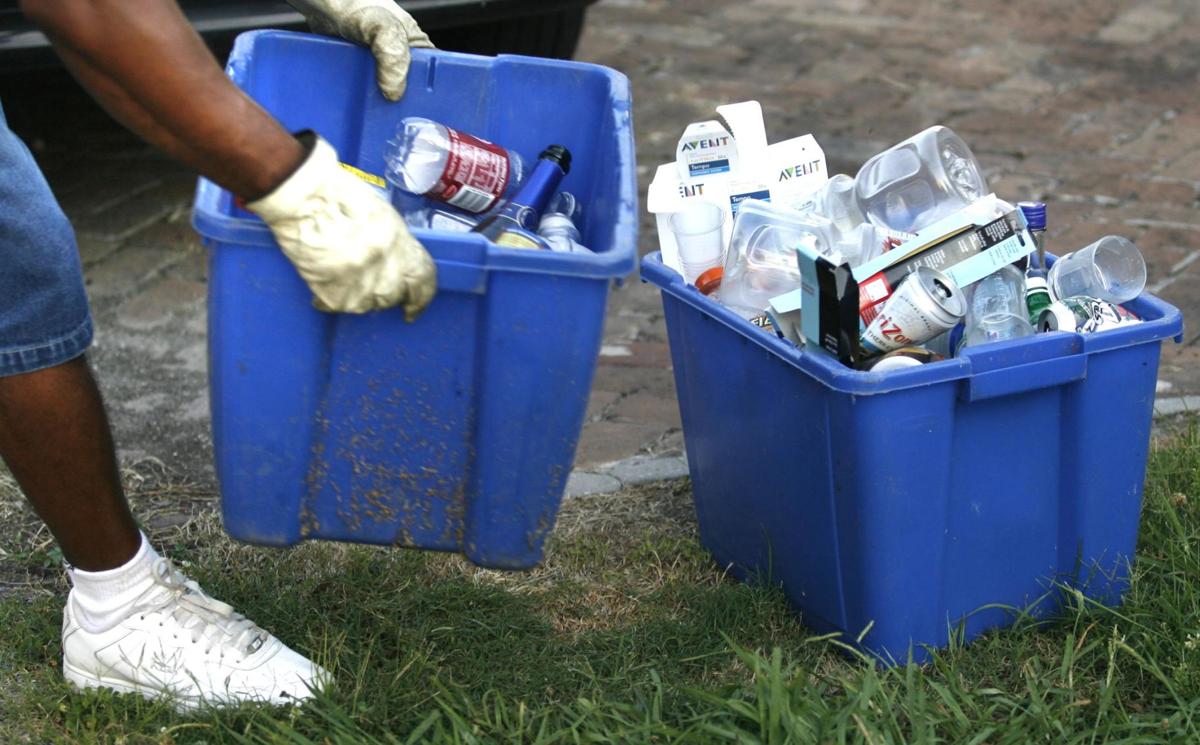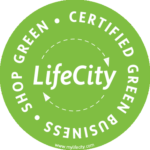You really want to put THAT in your compost?
Some musings on PFAS, Bio-Plastics, and Sustainable Materials Management
If you’ve been following Schmelly’s on social media, you have probably seen recent posts about new research coming out on PFAS (perfluoroalkyl substances) in biodegradable and compostable food containers and serviceware.
With the push for more responsible, environmentally-friendly consumption, there has been a boom in the bio-plastic and compostable/biodegradable single-use industry. This has translated into tonnes of fiber-based compostables into piles the world over.
It’s long been our practice to not accept serviceware material labeled “biodegradable” and to be very cautious about “compostable” disposables and packaging for the very reason of not yet knowing what the chemical compounds in these products contain. And, based on this new research it seems like we might have been on the right track!
As companies seek out new materials to mold and shape into compostable clams, cups, and cutlery, they also have to prioritize the needs of their customers. This has led to many companies lining their biodegradable boxes and paper cups with chemicals called perfluoroalkyl substances (PFAS) which prevent food and drinks from leaking. (Source)

All of these compostable items are known to contain PFAS. Materials pictured (from left to right): sugarcane, molded recycled paper, 2 different types of wheat fiber.
However, recent studies shows that these PFAS can leach out of the food packaging and end up in the compost. These then accumulate in plants and can end up in our bodies. The most studied chemicals in the class, PFOA and PFOS, have been associated with cancer, developmental toxicity, immunotoxicity, and other health effects, although the vast majority of other PFAS have little to no data demonstrating their safety.
Luckily, for businesses and consumers who don’t want to wait for years for studies to come out, there are a number of groups working to figure out acceptable materials, including the Center for Environmental Health, Clean Production Action, and the Collaborative Network for a Cancer-Free Economy Network.
They have created a number of guides that we have been sharing with our clients who are exploring compostable service ware for special events or to-go products. In particular the PFAS Procurement Guide includes recommendations by product type (ie bowls, plates, etc.), while the CEH Foodware Database is a good resource if you want to cross check the service ware you are thinking to purchase.

clear PLA, Bamboo, PLA foam.
Lest you think, “Sigh, guess we need to go back to your plastic to-go containers”, remember that, unless your intent is just to fast track those containers to the landfill, this really isn’t an option. In the US less than 9% of recyclable plastic actually ends up being recycled properly. This already subpar performance is further challenged by the current US trade fights with China, which has led to a huge drop in the profits of recycling companies like Republic and Phoenix. In New Orleans, we can currently only recycle No. 1 & 2 plastics, which do not include clams and most to-go containers.

So…what do we recommend? For our clients, we encourage them to avoid molded fiber products (all of which currently contain PFAS, including bagasse and corn-based) and select one of the available products made with an alternative material and/or coating by consulting the guides above. An additional measure to also avoid unintentionally passing PFAS on to their customers is to purchase durable and reusable food service ware.
For the New Orleans community, this is a much larger conversation that asks some big questions about our collective orientation towards convenience and the normalization of waste. The Guardian is doing a whole series on the topic called “United States of Plastic” – here are just a few of the WOWZA insights we learned at Schmellys:
- Since 1950 – less than 70 years – humans have produced over 6.3 billion metric tons of plastics. Half that was made in the past 13 years.
- US represents 4% of the world’s population but produces 12% of municipal solid waste, a stark contrast with China and India.
- Last year, the equivalent of 68,000 shipping containers of American plastic recycling were exported from the US to developing countries that mismanage more than 70% of their own plastic waste.
- The newest hotspots for handling US plastic recycling are some of the world’s poorest countries, including Bangladesh, Laos, Ethiopia and Senegal, offering cheap labor and limited environmental regulation.
Lots of reasons to despair but also lots of ways to act. To get started, you can join Audubon Nature Institute and their team as they organize the New Orleans Plastic Free Challenge efforts this July.
The Challenge will help you learn how to curb your use of plastics in ways small and large, but here are just a few quick suggestions to get started:
- Refuse a to-go container by bringing your own.
- Sit and have a meal/coffee at a shop instead of rushing out the door.
- Proactively and kindly ask your server to use “for here” ware – remember that they are moving fast and might default to a “to-go” container.
- Shop at farmers markets or seek out produce that doesn’t come in plastic packaging – hard to do I know, but possible.
- Share these resources with places that you frequent – the information isn’t that easy to find so spreading the word helps!
Moreover, we at Schmelly’s challenge you to do some deep thinking about the whole concept of waste, and what shifts on a cultural level when we begin to hold as truth that, in the natural world, there is no such thing as a throw-away. Rather, everything is a material that is transformed through its various life cycles. There is an emerging trend in our own industry away from solid waste management and towards what is being called sustainable materials management, ie recycling, composting, combustion with energy recovery and landfilling. This shift reflects a growing recognition that many of the things society considers trash – including food scraps, yard materials, and more – have great potential as valuable materials to recycle back into our ecosystem.

